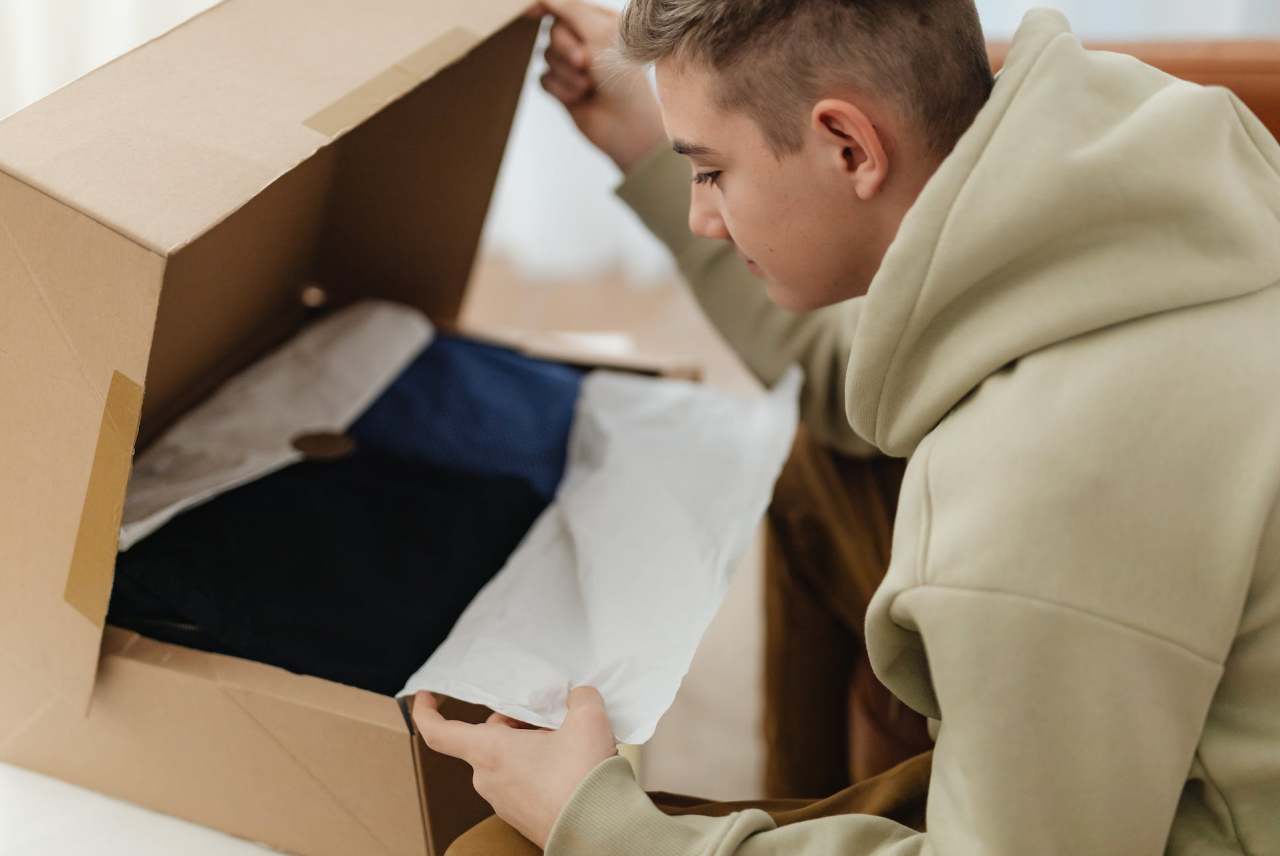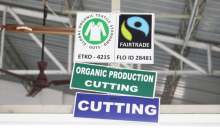Running any business is a balancing act.
And navigating a business start-up is a particularly tricky balance.
Immediate priorities are set against medium and long-term hopes, plans and dreams.
As a founder, your business’ glittering potential stretches before you, to be fulfilled as your venture grows and gathers momentum.
But when establishing a sustainable business, there is an additional set of sometimes unexpected challenges founders must face: those relating to ethical and environmental criteria.
This goes from major decisions like choice of brand partners; the bank you use; whether the website is hosted by a green provider and who provides your broadband; if you should run a Black Friday promotion… right down to smaller decisions like the envelopes the company uses; or the coffee beans you choose to buy.
When setting up my business, I found myself getting to grips with a range of seemingly trivial issues most business owners - and customers - would never have given a second thought to.
So if you are in the initial stages of launching a small ethical business, here are just three examples of unexpected questions I had to ask myself during the start-up process.






